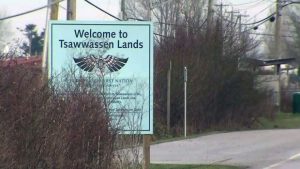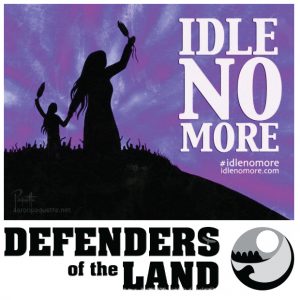From my earliest memories, I had lived and grown up in the small Canadian suburb of Tsawwassen – a predominantly white and Christian town. I am a second-generation, Canadian-born citizen to Korean immigrant parents who had been here since the late 70’s. As a young school girl, I acknowledged I was a visible minority, but was fortunate enough to have lived around other children that chose not to treat me differently because of such. I understood that being Canadian meant being multicultural, and we of all backgrounds were included in that mosaic.
Elementary school had been a breeze, but once the teenage years hit, things began to change. At a bigger school, at 13 years of age, kids who were strangers were eager to voice their opinions and point out differences. A few boys would make fun of me for the attention and laughs – just blatantly racist remarks. I was shy and did not know how to deal with the treatment, so I found I could say nothing back. It was only then that I started to become ashamed of being different. I became embarrassed to speak Korean in public and bring Korean food for lunch. I also began to question how I felt about being a ‘Canadian’ if this was the way that people were allowed to treat me.
Another realization that made me question what it meant to be Canadian was the first time I had driven through the Tsawwassen Native Reservation. It had been something that no one ever talked about, until of course, I got my license and roaming around, I drove through it for the first time. It was nothing like the suburban heaven that the rest of the town was. All I saw was spread out houses of varying quality and a somewhat barren landscape. Some houses on the brink of deterioration and some mansions with 6-car garages… I was perplexed as to how this community looked like it did, and also why we were kept so separate.

Becoming disconnected from what I thought was my Canadian identity, I sought to embrace my ethnic heritage. However, Korea was a place that I had visited once as a child and had no connection to besides the language and my immediate family. I associated myself, however, to all of my grandfather’s stories. He was raised on a farm, in what was technically China at the time before there were borders like there are today. He spoke of a Korea that was never divided, but it was under the rule of Japan. Since before he was born, Korea was occupied by the Japanese Empire. He learnt Japanese in school, served in the Japanese Air Force, and lived in Japan for years after. To this day, he associates himself more with Japanese culture than he does Korean, and speaks more fondly of the people as a whole. And thus, I realized as I tried to associate and identify myself with a nation or ethnicity, that I no longer really cared. At present, I believe my identity is something that reflects my individualism rather than a collective. And, after some travelling, I am beginning to find home in many different places, and find my values gained by many different teachings.
The concept of cultural values and a geographical home are just things that I have learned to lose now. I feel that it is something I will develop in the future, after I have learned my life lessons, and settled into a home I will call my own. For now, I am happy to be roaming. I cannot relate to those who have had something they’ve known their whole lives – land, lifestyle, and family – and have it taken away from them by a people they have never seen before. I can only try my best to empathize and understand. In all honesty, however, I have nothing to explain how I value a home I never had, or a culture that I am learning.
